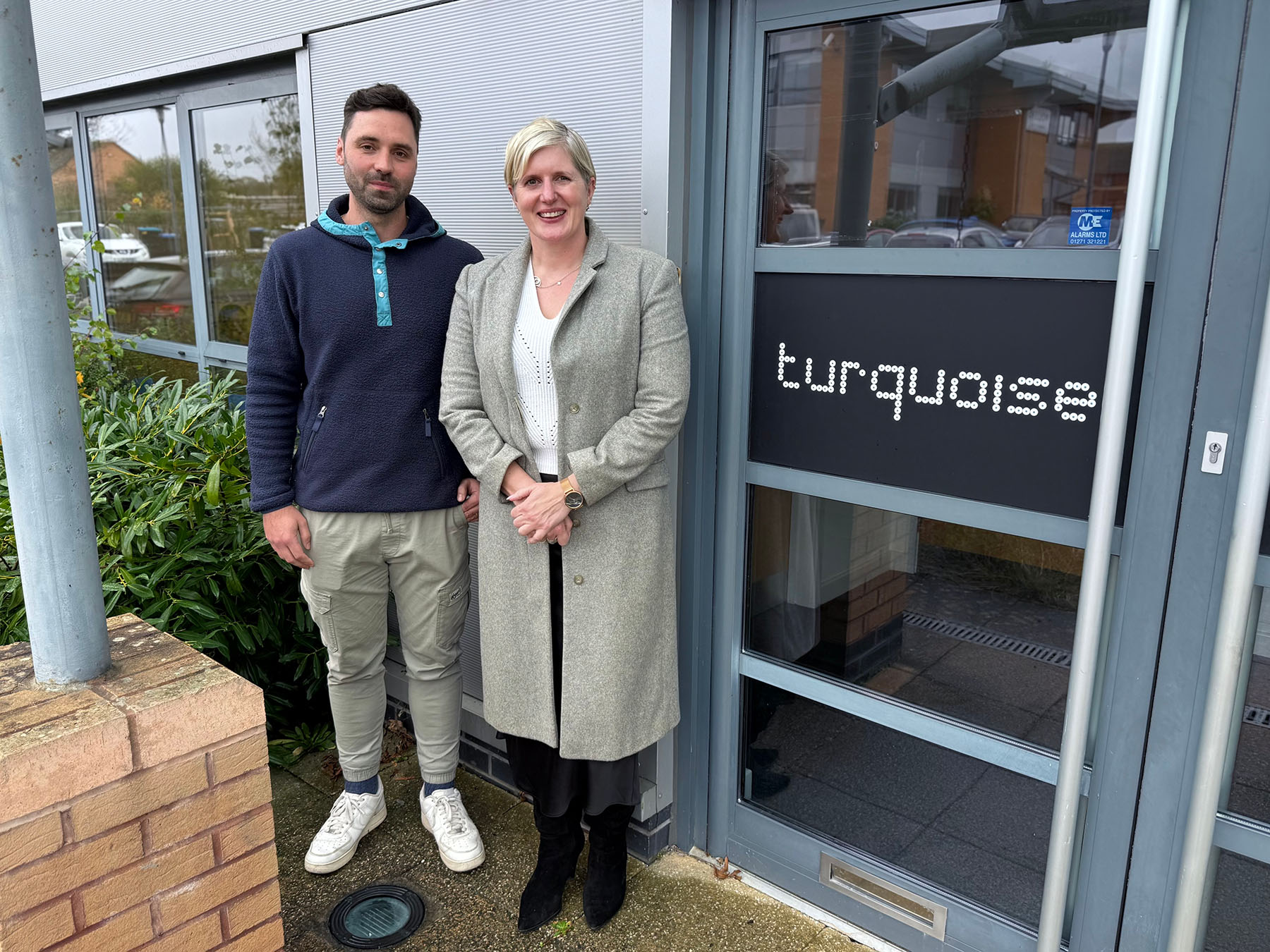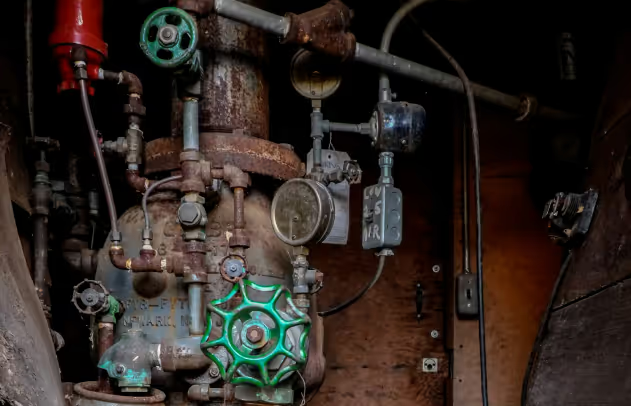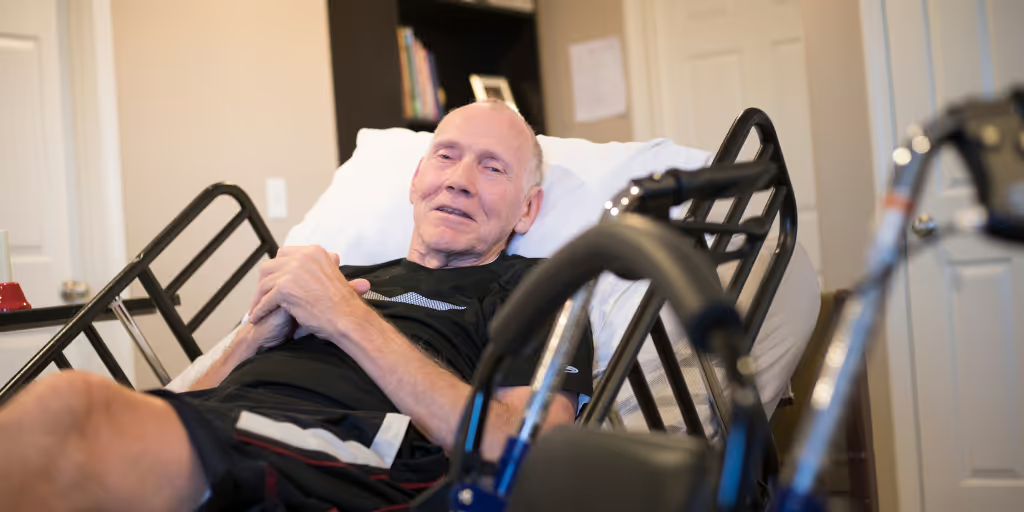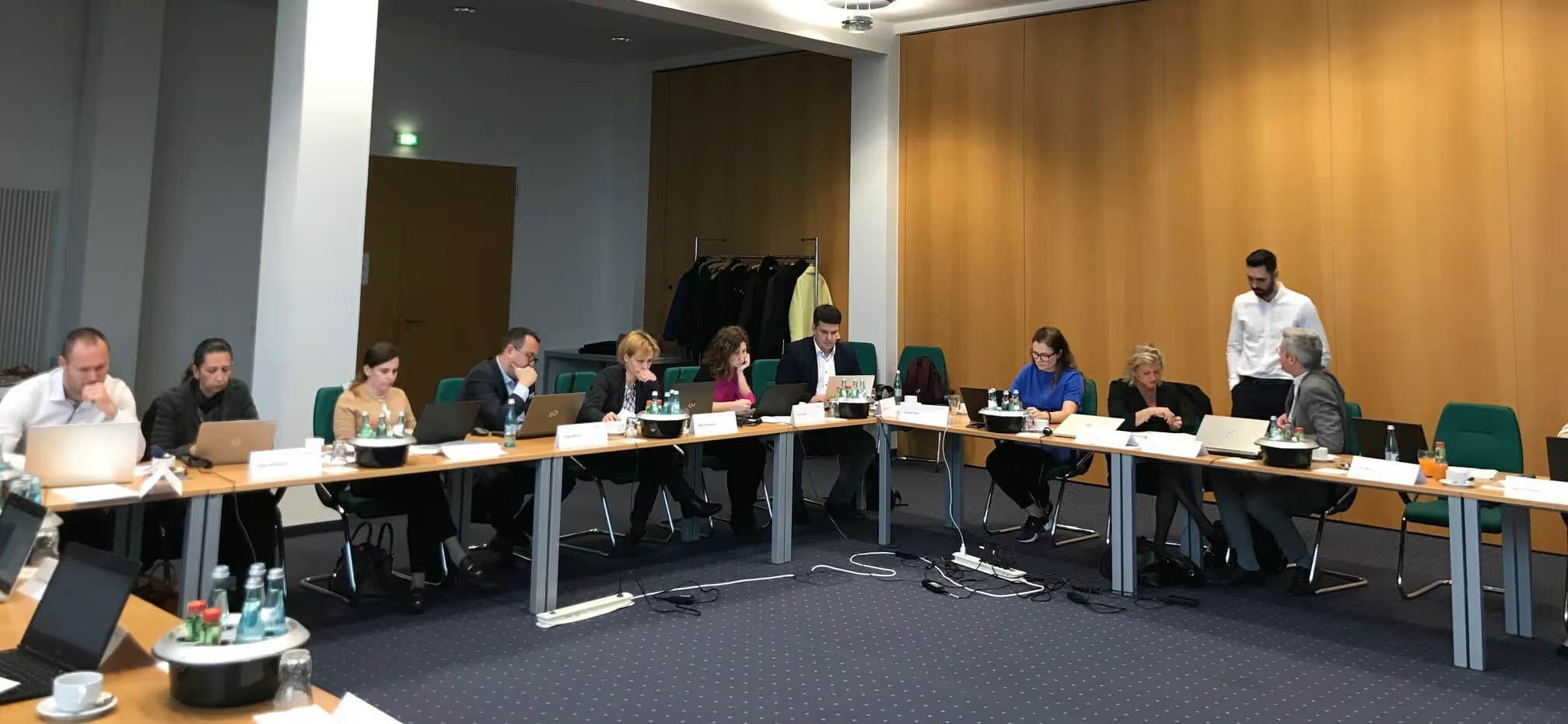Status-quo bias
We have a tendency to stick with what we know, instead of choosing something new and different. Without realising it, we can be overly resistant to change.
Anchoring bias
People tend to rely on the first piece of information they are given about a topic or a brand.
Choice overload
Stress can have an impact on the quality of our decisions and on our ability to make them.
Decision fatigue
Making many decisions over a prolonged period of time can be a significant drain on customers’ willpower. They may have a harder time saying no to trivial things or saying yes to those things that would upset the status quo.
Gilbert’s Behavioural Engineering Model presupposes that behaviour is a function of the environment and the behaviour repertory of individuals. This means that management and marketing professionals can utilise strategies to optimise the behaviour of potential customers by providing the appropriate instrumentation, motivation, and information to support the environment and guide the behavioural repertory towards consideration and purchase.
Instrumentation
Understanding your customers’ needs and wants to provide the right products to the right people, in the right way.
Motivation
Targeting a segment that is likely to be interested in your offering, with a message that is developed with them in mind is much more effective than targeting an overly broad audience.
Information
Fully utilise the last moment of opportunity to influence consumers through your brand’s packaging.































